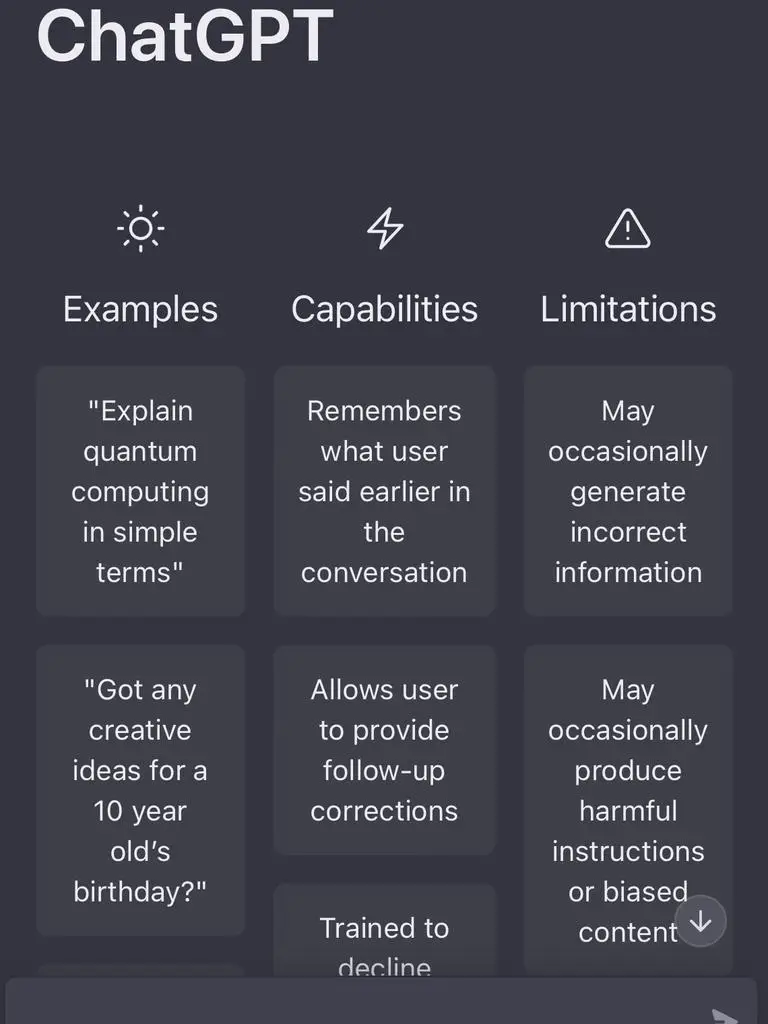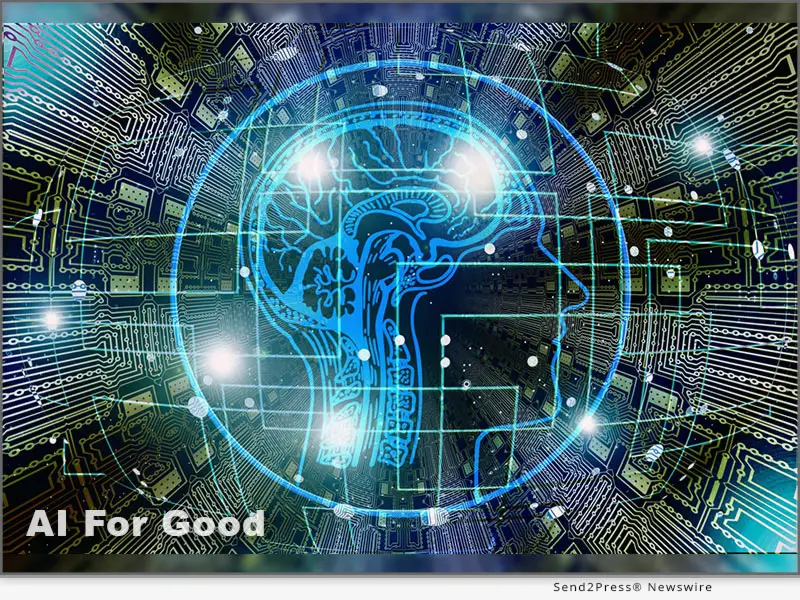ChatGPT for Social Good: AI in Humanitarian Aid and Crisis Response

ChatGPT, a large-scale language model developed by OpenAI, has immense potential to revolutionize humanitarian aid and crisis response efforts. Its capabilities in natural language processing, information retrieval, and decision-making assistance can significantly enhance the effectiveness and efficiency of humanitarian operations.

Information Gathering and Analysis:

- ChatGPT can gather and analyze vast amounts of data from multiple sources, including social media, news articles, and official reports.
- This enables aid organizations to quickly identify affected areas, assess needs, and monitor the evolving situation during crises.
- The model can also detect early warning signs of potential disasters, allowing for proactive interventions.
Communication and Engagement:
- ChatGPT can be used to facilitate communication between aid workers, beneficiaries, and the broader public.
- By automating responses to frequently asked questions and providing tailored information, it can streamline interactions and save valuable time.
- It can also translate messages in multiple languages, breaking down communication barriers in multilingual crisis contexts.
Decision Support:
- ChatGPT can provide real-time guidance to aid workers on the ground, supporting them in decision-making under challenging conditions.
- The model can evaluate various scenarios, generate evidence-based recommendations, and identify potential risks and opportunities.
- This enables aid workers to optimize their responses and allocate resources effectively.
Capacity Building:
- ChatGPT can serve as a training tool for humanitarian staff, helping them develop skills in data analysis, communication, and decision-making.
- By providing access to a wealth of knowledge and resources, it can enhance the capacity of local actors to respond to and mitigate crises.
Collaboration and Coordination:
- ChatGPT can facilitate collaboration among different aid organizations and stakeholders involved in crisis response.
- By sharing data, insights, and best practices, it can foster a coordinated and effective collective response.
- The model can also track and monitor the activities of multiple actors, ensuring transparency and accountability.
In summary, ChatGPT has the potential to revolutionize the humanitarian sector by enhancing information gathering, facilitating communication, supporting decision-making, building capacity, and fostering collaboration. Its capabilities in natural language processing and data analysis can significantly improve the effectiveness and efficiency of humanitarian aid and crisis response efforts, ultimately leading to better outcomes for those affected by disasters and emergencies.
